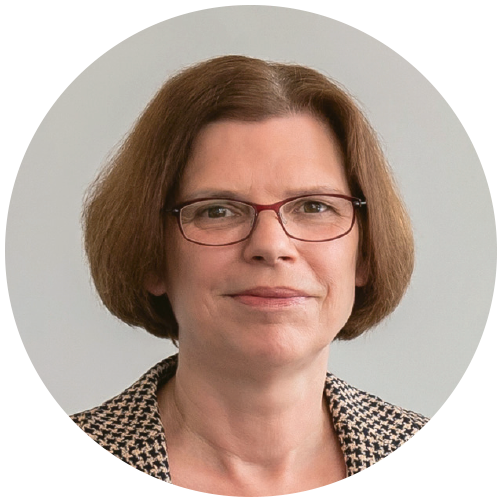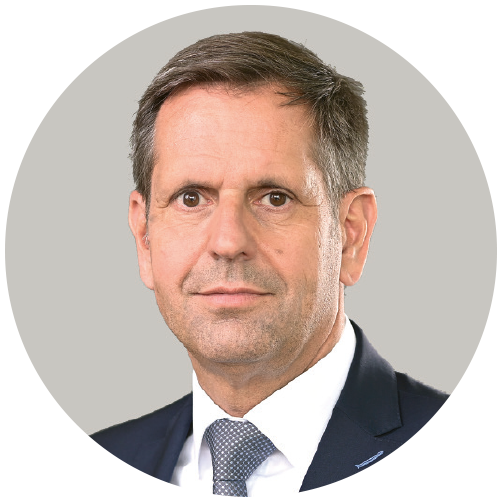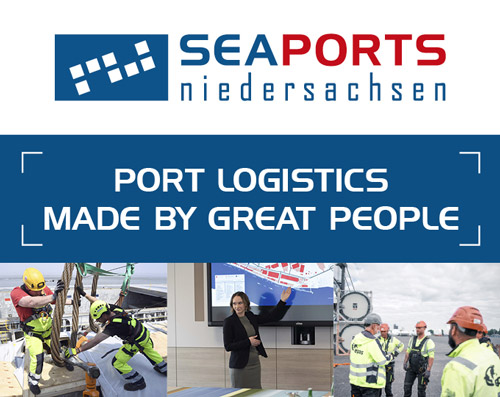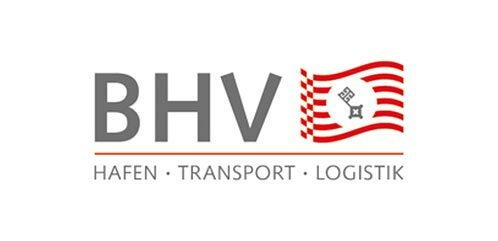Different federal states, similar priorities – Kristina Vogt, Bremen’s Senator for Economic Affairs, Ports and Transformation, and Olaf Lies, Lower Saxony’s Minister for Economic Affairs, Transport, Construction and Digitalisation, outline important aspects of the future energy supply as seen by their own states.
Vogt:
The energy transition requires a holistic approach that encompasses all aspects, from the generation of renewable energy to its consumption. The “Energy Port”, which establishes the port as a key location for the import, storage and transshipment of renewable energies, is a prime example of this. Bremen and Bremerhaven can assume a pioneering role in the energy transition – our seaports are predestined to be hubs for the import and export of renewable energies and as locations for offshore wind farms. I’m also in favour of building converter stations in Bremerhaven and a CO₂ terminal in Bremen. A clear strategy for oversized and heavy goods transport is just as crucial as an energy transition access strategy applying to all German ports. A national strategy with clear short and long-term goals is nonetheless absolutely essential.Lies: Onshore and offshore wind turbines are a core component of the energy transition in Lower Saxony. The North Sea (coast) offers the ideal conditions; we don’t call it the “North Sea Powerhouse” for nothing! We need to develop this more. However, many wind farms are already contributing to a high proportion of the renewable energies Lower Saxony generates. Expanding this technology and improving the grid infrastructure are crucial in order to use the energy generated efficiently. Besides renewable electricity, we also need alternatives to fossil fuels if the energy transition is to be successful, and hydrogen will play a decisive role here. To ensure that the North becomes Germany’s energy hub, we’ve collaborated with Bremen, Hamburg, Mecklenburg-Western Pomerania and Schleswig-Holstein to launch the North German Hydrogen Strategy. This will create the necessary conditions for developing a green hydrogen economy here in the North. An important part of the strategy is promoting cooperation between science, industry and politics in northern Germany.
Do you share the view that the energy transition cannot be achieved without the ports?
Vogt: The ports are at the heart of the energy transition – they’re not just transshipment centres for goods, they’re also central hubs for the supply and distribution of energy. They’re indispensable for building and operating offshore wind turbines, which make a significant contribution to achieving climate targets, but they’re also undergoing a transformation process themselves. They must face the requirements of automation and digitalisation head on and provide shore power in both the cruise and container sectors in order to support carbon-neutral shipping. The ports need to be able to store, distribute and transship large quantities of renewable energy. They need the necessary infrastructure for producing, storing and installing offshore wind turbines, and they must be able to cover the growing demand for onshore electricity. Consequently, the German government must increase its financial commitment to the port infrastructure significantly.

“A national strategy is absolutely essential.”
Kristina Vogt (Die Linke) – Bremen’s Senator for Economics, Ports and Transformation since July 2023 and Bremen’s Senator for Economic Affairs, Labour and Europe from 2019-2023.
Would you go so far as to say that energy could replace containers as the symbol of the ports?
Vogt: Container handling will remain central, but the energy transition opens up enormous potential. The “Energy Port” project in Bremen is positioning the port as a central hub for renewable energies, while offshore wind energy holds immense potential for creating added value that’ll not only revolutionise the energy supply but will also have a significant impact on settlement and employment. Germany has always been dependent on energy imports and will remain so. Energy sources used in the past – coal, oil and gas – came in via the ports, and the challenge now is to replace these with emission-free alternatives. The offshore wind industry, which has already changed how we see the ports, represents an additional business opportunity.
Lies: As hubs for national and international trade, ports have been constantly evolving and they’ll continue to do so. We’re currently experiencing another set of upheavals, i.e. the issues of both digitalisation and decarbonisation or energy. Whether it’s liquefied natural gas, hydrogen or wind power – our ports will increasingly handle new, sustainable energy sources as time passes. Indeed, Lower Saxony’s seaports are becoming a hub for supplying energy to the entire German industry and are key motors in pursuing a low-carbon future. In this respect, many ports are identifying new business areas and, in turn, huge opportunities to expand their spectrum by becoming energy hubs. This contribution to transforming the economy for the energy transition is indispensable. Previously, the advent of the container revolutionised existing processes in the entire international exchange of goods. Of course, we can’t compare this with the changes that are occurring now, but one thing is clear – if we chart the right course here, the opportunities are endless.
What headlines would you like to read about the German energy transition a year from now?
Vogt: “A significant step: German government to participate in Energy Port construction.” Or “New National Port Strategy enables energy transition and port expansion – German government responds to coastal states’ demand for alleviating the financial pressure on ports.”
Lies: “How the North makes use of its opportunities – transformation and energy transition as models for growth and new jobs.” (bre)

“We don’t call it the ‘North Sea Powerhouse’ for nothing!”
Olaf Lies (SPD) – member of the Lower Saxony state parliament since February 2008 and Lower Saxony’s Minister for Economic Affairs, Transport, Construction and Digitalisation since November 2022.





